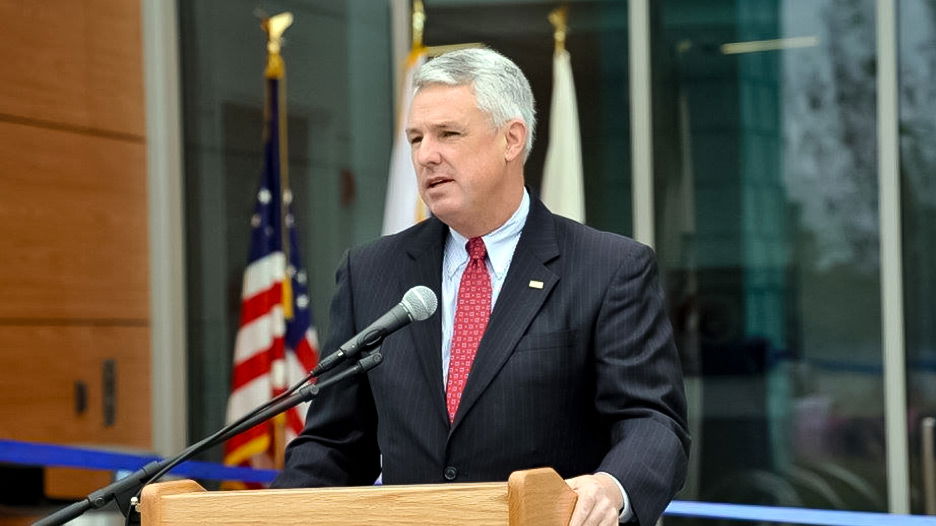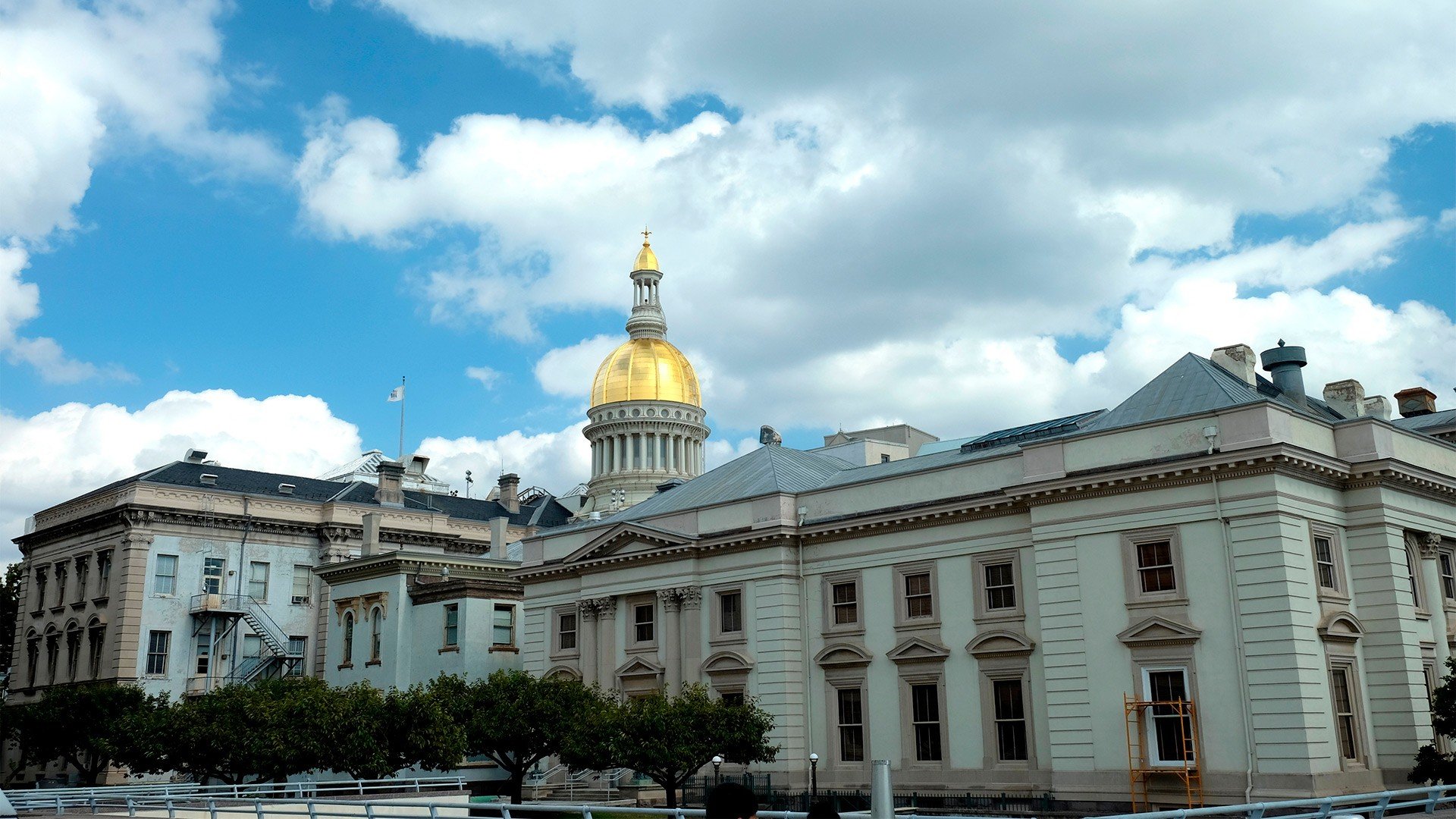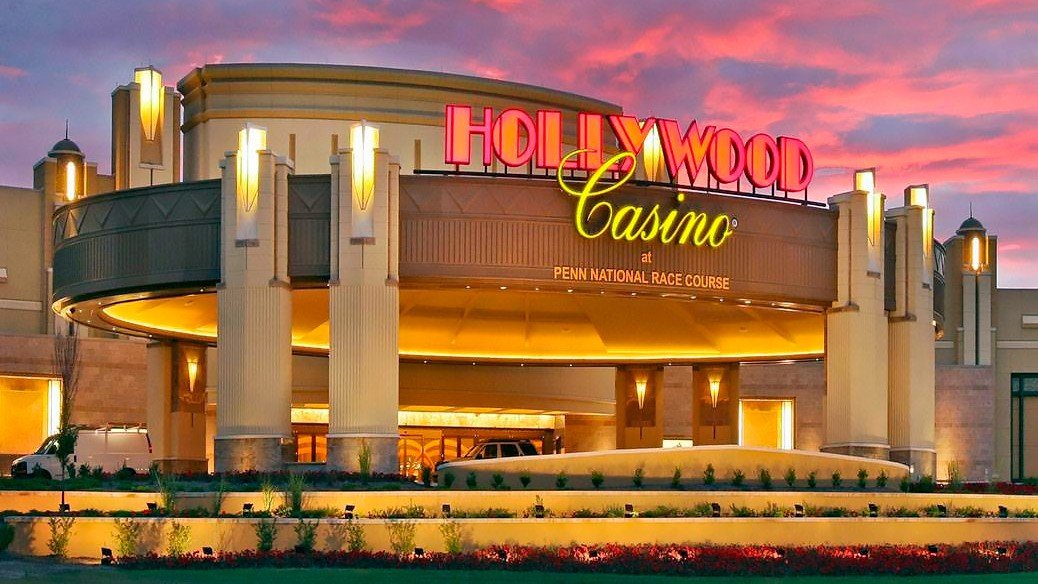New Jersey legislature passes Atlantic City casino tax break; bill now headed to Gov. Murphy

The New Jersey Legislature passed on Monday the new casino PILOT bill, which seeks to give tax relief to Atlantic City’s casinos. The legislation is intended to help venues recover from the pandemic by reducing increases in payments to state that would take effect if the bill is not passed, as it excludes both iGaming and sports wagering from calculations on how much casinos must pay in lieu of taxes.
The bill was approved 21-14. All Senate Republicans voted against it, while in the Assembly, the vote was 46-19 in favor, with 13 not voting and two abstaining. The vote in the Assembly went well into the night, in an effort from many Republican members to extend the session as a protest against rules which require proof of vaccination or a negative Covid-19 test to enter the Statehouse complex. The bill is now headed to Gov. Phil Murphy’s desk.
Assemblyman John Armato, D-Atlantic, who sponsored an earlier version of the bill in the Assembly which was later changed to be identical with a Senate bill, voted against the new one. He argued he was unable to verify the need for the bill with casinos, reports The Press of Atlantic City.
Assembly Passes @AsmRalphCaputo & @AswCarolMurphy Bill Permitting Casinos, Racetracks to Deduct Promotional Gaming Credits from In-Person Sports Wagering Revenue on Tax Returns: https://t.co/bYvKRynzDp pic.twitter.com/3lUv6a2L7n
— NJ Assembly Democrats (@njassemblydems) December 20, 2021
Earlier this month, Senate President Steve Sweeney warned that four of the city’s nine casinos would likely close without the new PILOT bill. However, no casino has publicly made that claim, which has since been protested by parties opposing the legislation.
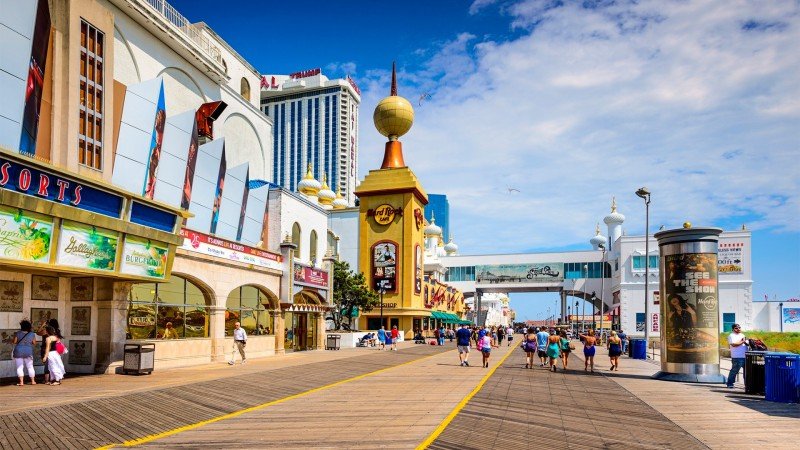
Meanwhile, Atlantic County Executive Dennis Levinson warned the county will sue if the bill passes both houses and is signed by the governor. However, he said he still hopes Gov. Murphy will not sign it.
Some assemblymen voted against the bill arguing it would mean less revenue for Atlantic County than it would receive under existing law. But according to casinos in the city, the bill is a much-needed source of relief for venues in New Jersey.
“Failure to pass the PILOT legislation will have a further detrimental impact on the land-based casinos, which are still recovering from this unprecedented pandemic,” the Casino Association of New Jersey, the casinos' trade group, said in a statement Friday, urging lawmakers to pass the bill up for final consideration Monday.
According to the association, the bill would help bring stability and help protect about 20,000 jobs. Moreover, the venues would still pay more to the city, county and schools next year than in 2021 if the PILOT passes: it just would reduce the amount of the increase.
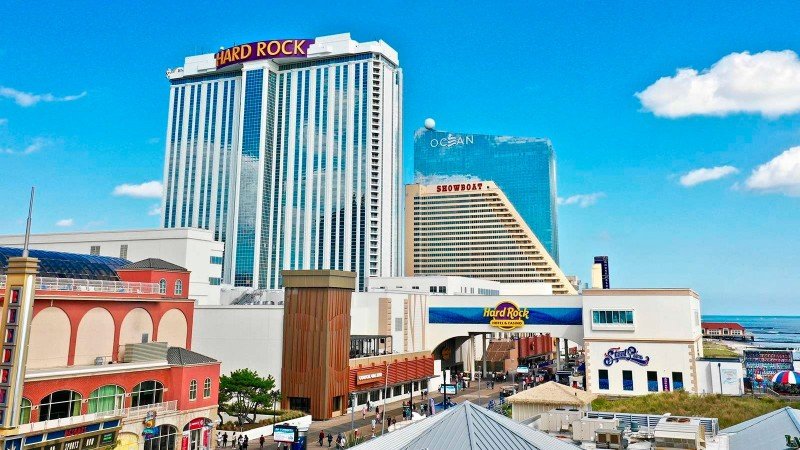
All nine casinos in Atlantic City are expected to collectively pay about $10 million to $15 million more next year if the bill passes while, should it not pass, payments are due to rise by 50%. The head of Local 54 of the Unite Here union, the main casino workers’ union, has also endorsed the bill, as well as Atlantic City’s mayor.
But what opposing parties argue is against the need for the bill, in a context in which casinos’ revenue figures continue to rise month by month. What’s more, certain venues seem to be doing not only better when compared to 2020, but the pre-pandemic year of 2019.
Casinos, however, argue figures paint a distorted picture of their finances. Money from iGaming and sports betting are included in reports without taking into account revenue in these two streams must be shared with third-party providers, including technology platforms and sportsbooks.
In an effort to remedy this, the PILOT bill excludes both iGaming and sports wagering from calculations on how much casinos must pay in lieu of taxes. It is worth noting these are the two fastest-growing verticals in Atlantic City’s casino industry.
Casinos argue that, despite certain verticals and operations now having returned to normalcy, in-person wagering is still down significantly from 2019. While the two newest casinos in the state -Hard Rock and Ocean- have posted in-person revenue up since 2019, the seven other casinos are down a collective 22%, further reports The Press of Atlantic City, based on data from the casino association.
The first version of the PILOT bill was passed five years ago, during a time period in which Atlantic City was reeling from the closure of five of its 12 casinos. Casinos successfully appealed their property tax assessments year after year, which blew holes in Atlantic City’s budget. In return for agreeing not to appeal, financial relief and the certainty of knowing what their property tax obligation would be for years were offered.


